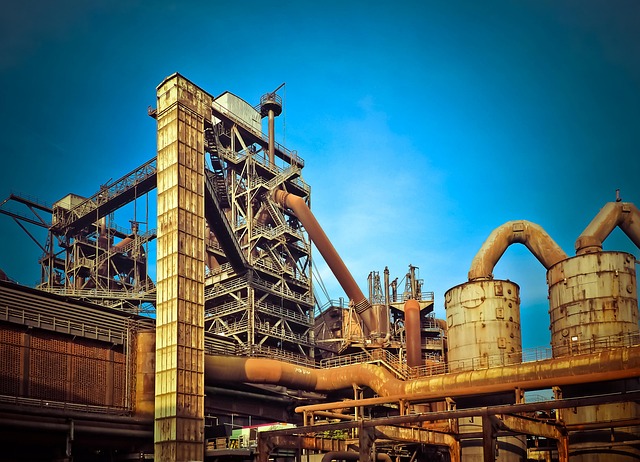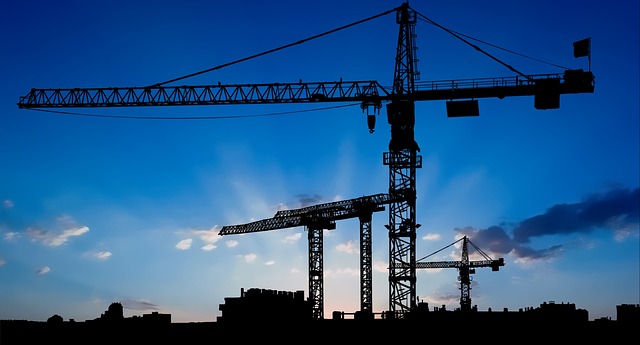Manufacturing facilities face unique real estate challenges that require adaptable designs for machinery, logistics, and safety. Key considerations include optimal space utilization, regulatory compliance, and a positive work environment. Strategic location near transportation networks, ample land, and zoning compliance are vital. Thoughtful real estate planning enhances productivity, operations, and community relations, making it a critical factor for manufacturing success.
Manufacturing facilities are not one-size-fits-all; each operates with unique requirements dictating specialized features. From expansive floor spaces to tailored infrastructure, understanding these needs is paramount for optimal production. This article explores the critical real estate considerations that go into designing and acquiring locations for specialized manufacturing spaces. By delving into key aspects like layout, accessibility, and utility, we equip readers with insights to make informed decisions in today’s competitive market.
Understanding the Unique Needs of Manufacturing Facilities

Manufacturing facilities operate at a unique intersection of industry and infrastructure, demanding specialized real estate considerations. Unlike traditional office spaces or retail stores, these facilities require adaptable layouts designed to accommodate heavy machinery, intricate logistics, and often, hazardous materials. The physical environment must not only support but also enhance productivity, safety, and sustainability goals, which vary widely depending on the manufactured goods.
Understanding these unique needs is crucial for optimizing space utilization, ensuring regulatory compliance, and fostering a productive work environment. Real estate professionals catering to manufacturing sectors must consider factors like clear height requirements for efficient machinery operation, ample storage for raw materials and finished products, and dedicated areas for quality control and maintenance—all while adhering to strict health and safety standards.
Key Real Estate Considerations for Specialized Manufacturing Spaces

When designing and establishing specialized manufacturing spaces, a facility’s real estate plays a pivotal role in overall success. Strategic location is paramount; proximity to transportation networks, especially highways and rail lines, facilitates efficient raw material sourcing and finished goods distribution. Accessible and ample land ensures room for expansive production floors, robust infrastructure, and future expansion. Zoning regulations should be thoroughly understood, ensuring compliance with manufacturing requirements.
Additionally, real estate considerations encompass site preparation, including grading and utility availability. Adequate space for loading docks, parking, and employee amenities is essential. The surrounding area’s character—industrial or mixed-use—influences worker attraction and community relations. A facility’s real estate foundation, when thoughtfully considered, can optimize productivity, streamline operations, and contribute to a manufacturing site’s long-term sustainability.
Designing and Acquiring Ideal Locations for Efficient Production Processes

When designing manufacturing facilities, securing the right location is a strategic move that significantly impacts overall efficiency. It involves careful consideration of factors such as proximity to raw material sources, transportation networks, and labor markets. Access to skilled workers, reliable energy supplies, and efficient logistics routes can streamline production processes, reducing costs and enhancing productivity. Real estate experts play a vital role in identifying and acquiring locations that offer these advantages.
Location choices should also factor in the facility’s long-term needs, considering potential expansion plans and future market trends. Investing in land or facilities with adaptable layouts allows manufacturers to accommodate changing production demands without major overhauls. Moreover, understanding local regulations and incentives related to manufacturing can be a game-changer, providing financial benefits and ensuring compliance.






